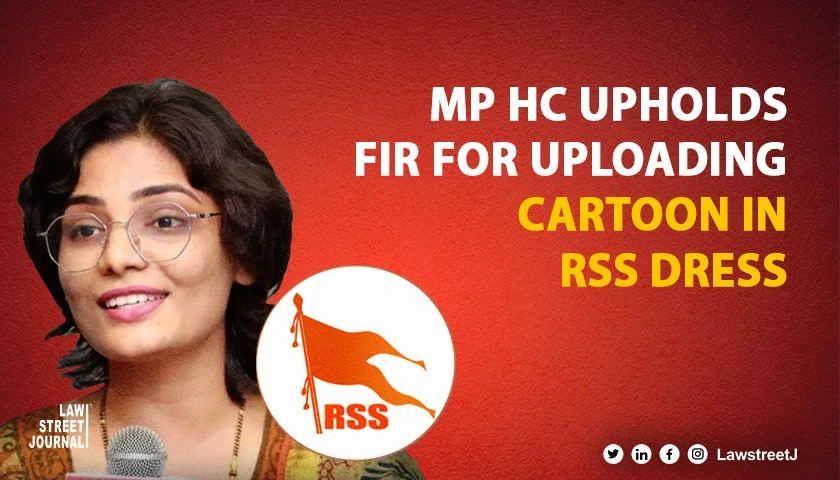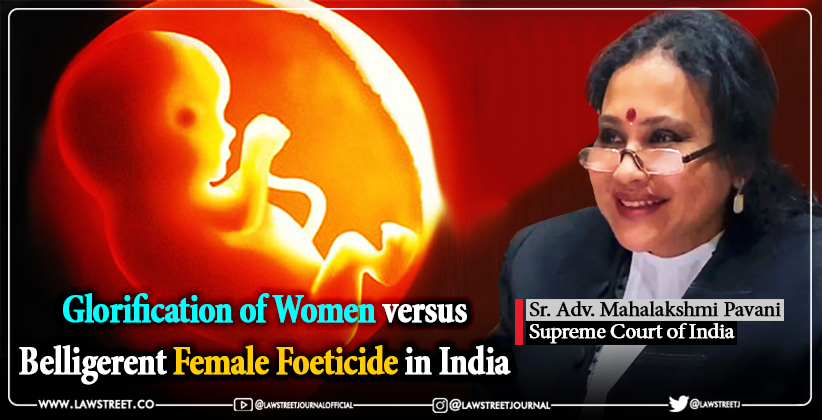Madhya Pradesh: The Madhya Pradesh High Court recently refused to quash an FIR filed against popular folk singer Neha Singh Rathore for allegedly promoting enmity between different groups on grounds of religion, race, etc., under Section 153A of the Indian Penal Code (IPC).
The court was hearing a criminal miscellaneous case filed by Neha Singh Rathore seeking to quash the FIR registered against her at the Kotwali Baidhan Police Station in Singrauli district by the State of Madhya Pradesh.
"Even if the entire allegations are accepted, it is clear that an offence punishable under Section 153A of IPC is made out," observed Justice Gurpal Singh Ahluwalia while dismissing Rathore's application.
"The addition of a particular dress was indicative of the fact that the applicant wanted to communicate that the offence was committed by a person belonging to a particular ideology. Thus, it was a clear case of making an attempt to disrupt harmony and to provoke the feelings of enmity, hatred or ill-will," the court said.
Facts:
The case pertains to an incident where a person in an inebriated condition urinated on another person belonging to a reserved category. Rathore, being a popular folk singer, uploaded a message on her Twitter and Instagram accounts along with a cartoon depicting the incident. However, in the cartoon, the person urinating was shown wearing a particular dress, indicating a specific ideology or religious group.
Arguments:
The counsel appearing on behalf of Neha Singh Rathore argued that she had a moral duty to highlight such gruesome incidents and that her actions were covered under the fundamental right of free speech and expression enshrined in Article 19(1)(a) of the Constitution. Further, it was contended that no offence under Section 153A was made out, even if the allegations were accepted.
Conversely, the counsel for the State of Madhya Pradesh vehemently opposed the application, stating that her actions amounted to promoting disharmony or feelings of enmity, hatred, or ill-will between different religious, racial, language, or regional groups, which is prejudicial to the maintenance of harmony.
Decision:
After hearing both parties, the court observed that the applicant had added a particular dress to the person in the cartoon, indicating that she wanted to communicate that the offence was committed by a person belonging to a particular ideology or religious group. The court further observed that this was a clear case of attempting to disrupt harmony and provoke feelings of enmity, hatred, or ill-will.
The court stated that while an artist must have the liberty to criticize through satire, adding a particular dress in the cartoon cannot be considered satire. The attempt to involve a group of a particular ideology or religion without any basis would not come within the purview of the right to free speech and expression, which is subject to reasonable restrictions.
Referring to the Supreme Court's decision in Amish Devgan v. Union of India, the court observed that the addition of a particular dress was indicative of Rathore's intention to communicate that the offence was committed by a person belonging to a particular ideology, which would amount to an attempt to promote disharmony or ill-will between different groups.
In light of these observations, the court concluded that no case was made out for interference and dismissed the application filed by folk singer Neha Singh Rathore.





![High Court Prohibits Compulsion of Hijab and Islamic Texts on Students of Different Faiths at Ganga Jamuna School [Watch Video]](/secure/uploads/2023/09/lj_5754_f71da9b5-c632-4d0b-94b8-6f36245eb157.jpg)
.jpeg)






